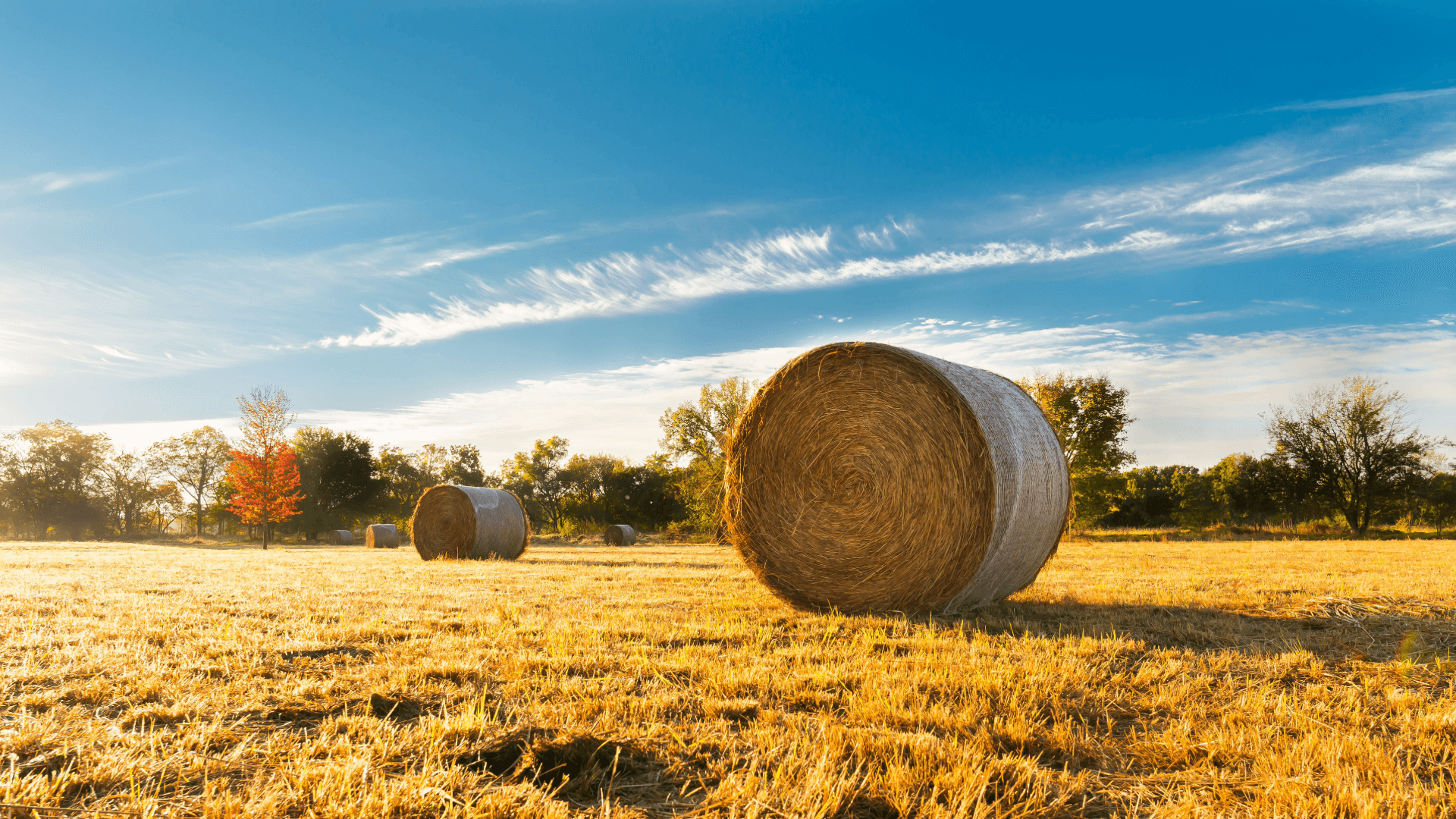England's Farming Incomes Drop by £1 Billion
Posted by Emily on 17th Jul 2024 Reading Time:
According to the latest government statistics, farming incomes in England dropped by over £1 billion last year, a stark revelation of the economic challenges facing the agricultural sector.

The Total Income from Farming (TIFF), a key indicator of the agricultural industry's performance, was estimated at £4.5 billion. This represents a substantial decline of £1.1 billion, or 19%, from the previous year, 2022.
This sharp decrease in farming income was primarily attributed to significant reductions in crop outputs. These losses were only slightly mitigated by a decline in intermediate consumption, which refers to input costs, as the Department for Environment, Food & Rural Affairs (Defra) reported.
In 2023, agriculture's contribution to England's economy was valued at £10 billion, reflecting a reduction of £1 billion, or 8.7%, from 2022. This downturn highlights the sector's economic struggles during the period.
Further analysis reveals that total crop output in 2023 stood at £9.9 billion, marking a decline of £1.5 billion, or 13.1%, from the prior year. Defra attributed this significant drop to low commodity prices and poor yields, severely impacting the value of many crop items. Wheat, in particular, experienced the most substantial decrease, with its value plummeting by £1.2 billion compared to 2022.
Despite these challenges, total livestock output in 2023 remained stable at £12.4 billion. An increase in poultry output by £380 million helped offset a £353 million decrease in the value of milk, providing some balance to the livestock sector.
Intermediate consumption, or input costs, 2023 was reported at £15 billion, a reduction of £0.4 billion, or 2.6%, from 2022. Defra noted that the value of most intermediate consumption items remained stable, except for fertiliser costs, which decreased by £337 million due to a decline in global market prices.

